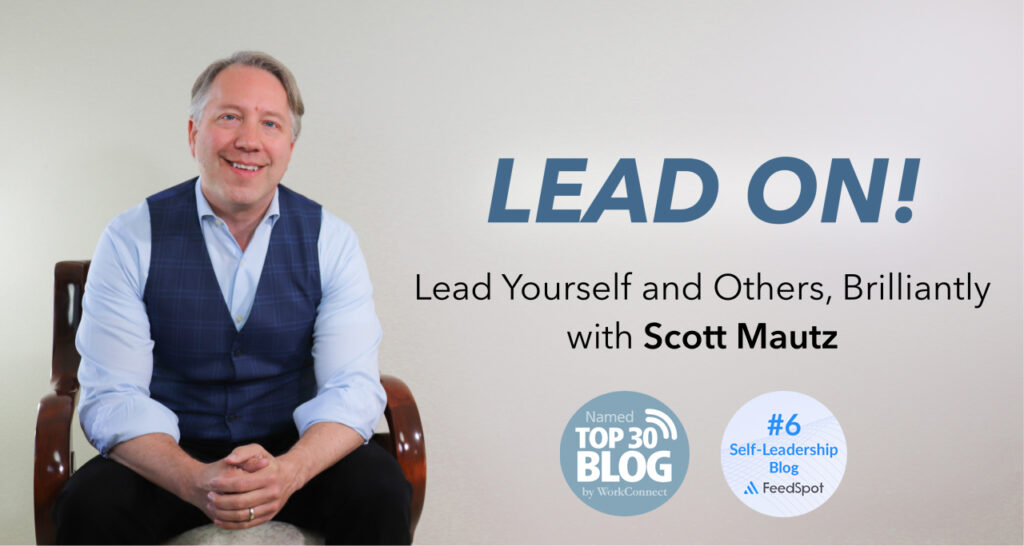
INSIGHTS (on leadership/self-leadership)
Who wouldn’t want to be more persuasive? But, you think, I don’t have time to take a Dale Carnegie course. No worries. A Stanford study illustrates a simple tactic that can make you a whopping 30% more likely to get someone to do what you want them to do. In the study, two separate groups of 5-year-olds were asked to help clean up a messy classroom. The researchers asked one group, “Can you help clean?” They asked the other, “Can you be a helper and clean up?” The kids who were asked if they wanted to be a “helper” were 30% more likely to clean the classroom. While the children weren’t so interested in helping clean up per se, their interest perked dramatically when they considered they could be known as “helpers.”
It’s about turning actions you want into desired identities. It has been further described by University of Pennsylvania professor, Jonah Berger, as such:
“Rather than asking people to lead more, ask them, ‘Can you be a leader?’ Rather than asking them to innovate, ask them ‘Can you be an innovator’? By reframing desired actions as opportunities to claim desired identities, people are much more likely to engage in those actions.”
The opposite holds true too. People don’t just want to be seen in a positive light, they want to avoid being cast in a negative one. As Berger says, “Cheating is bad, but being a cheater is worse. Losing is bad, being a loser is worse.”
This same principle can even help you change your own identity. For example, if you want to become known as a writer, don’t tell people you write, tell them you’re a writer.
So, don’t ask for an action, offer the chance to claim a desired identity.
IMPERFECTIONS (a mistake many make)
I’m sure there are times when you’ve regretted your actions, and the consequences thereof. But here’s the thing, as author Dan Pink says in The Power of Regret, “The consequences of actions are specific, concrete, and limited.” Thus, you can make the mistake of worrying about the consequences of your actions even more than something else that will cause you greater regret.
Your inaction.
As Pink says, “The consequences of inaction are general, abstract, and unbounded. They lay eggs under your skin, incubating endless speculation.” In relationships, careers, personal goals, personal identities, life experiences.
So, don’t let “If only” haunt you. Ask yourself, “What shot will I regret not taking?”
Then, take it.
IMPLEMENTATION (one research-backed strategy, tip, or tool)
I get asked a lot, “How can I have more of an impact at work, and in life?” It’s something I’ve written about before. Here’s another proven tip on this front that couldn’t be simpler. Write down this four-word mantra somewhere, and let it inspire you from time to time:
Be instrumental, not incremental.
It’s one of the biggest problems I see in companies that have a hard time innovating. They brainstorm ideas that are 10% better than status quo, versus considering how to create something 10X better. The ideas they generate are incremental growth, not instrumental to true growth.
• Don’t work in the system, work on the system.
• Don’t play the game. Change the game.
• Don’t just make a difference. Make a dent in the universe (or your universe).




Leave a Reply